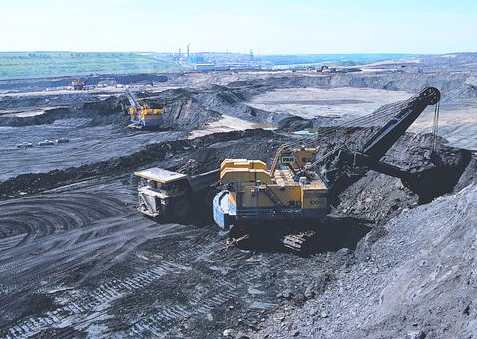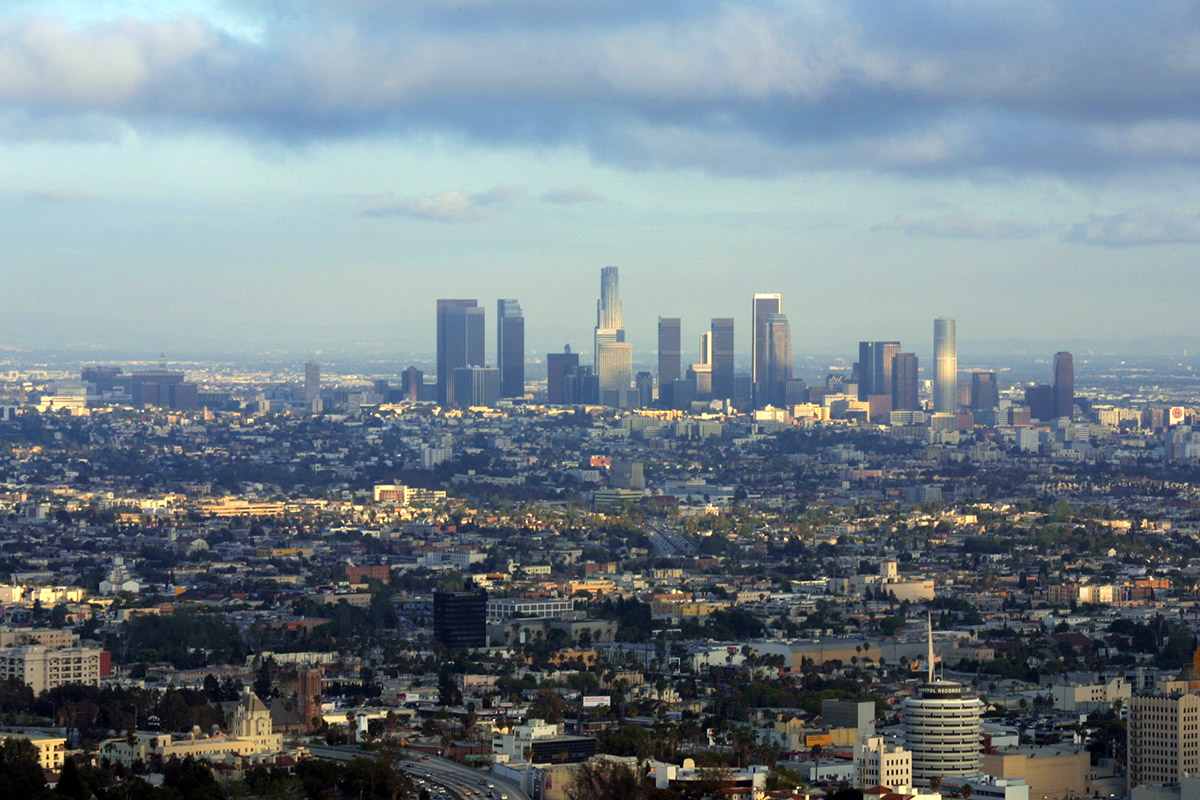
Thursday 9 December 2010
Demand and risk

Unit 3 pre-release January 2011

Friday 26 November 2010
What is your carbon footprint?

- Calculate your carbon footprint using the ‘Act on CO2’ web site
- Draw a divided bar chart to show your footprint
- Draw a divided bar chart for the national average footprint
- Create a ‘plan’ to begin to reduce your carbon footprint
- Sort the actions by ‘Easiest to do’. Complete the table to show three actions you could take in each of the categories – Home, Appliances and Travel
The business case studies are here.
Wednesday 17 November 2010
1953 Storm Surge, SE England
- BBC weather - The 1953 East Coast Flood
- BBC news - Devastating Power of the 1953 Tide
- 1953 UK Floods
Wednesday 10 November 2010
History of climate change and mitigation and adaption

Tuesday 9 November 2010
Gas pathways

Monday 8 November 2010
Thursday 4 November 2010
What would a 4C warmer world look like?
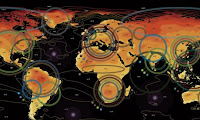
Energy demand in China and India

Monday 1 November 2010
Stern Review - impacts of climate change
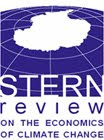
- What was the Stern review?
- Summarise its findings
- Include a table similar to that on p62 of the text book detailing th epossible effects of temperature rises on life on earth
The BBC Business pages summarised the findings. Wikipedia also has it's review.
The Guardian newspaper (among others) reported on the release of the review extensively.
Submit Friday 5 November
Natural causes of climate change
UK energy security
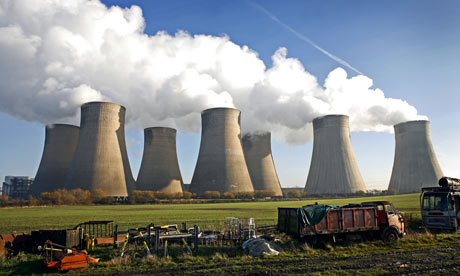
Thursday 28 October 2010
Migration into the EU

Tuesday 26 October 2010
Primary energy sources
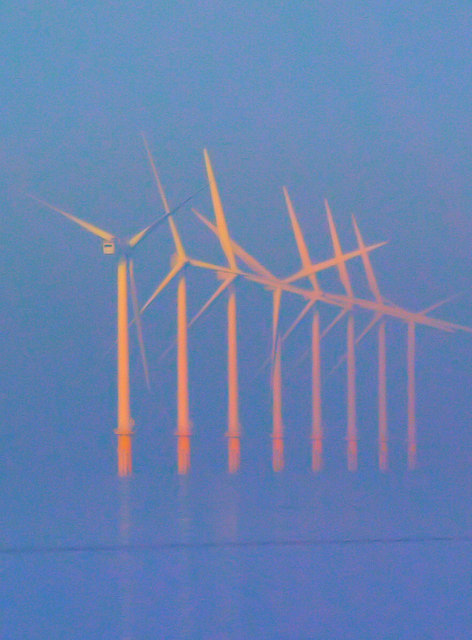 Use the following to help you with your research task:
Use the following to help you with your research task:A good summary of all the Primary Energy Sources
Data on amounts of renewable sources used to generate electricity.
Good section of BP website on alternative energy
Impacts of climate change in Africa and the Arctic

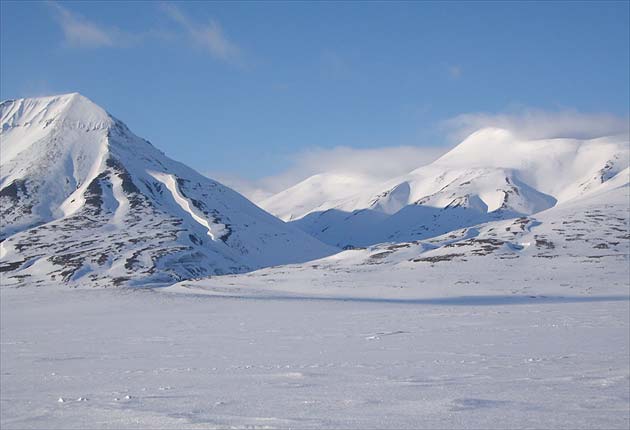
Tuesday 12 October 2010
UK energy crisis
UK forced to import 75% of gas by 2015
A letter to the editor on the same topic
The importance of natural gas
Tuesday 5 October 2010
Thursday 30 September 2010
Philippines verging on disaster

Shakin' all over!

Tuesday 28 September 2010
Comparing earthquakes
Friday 24 September 2010
Scotland's hazard risk
Cultural imperialism
Thursday 23 September 2010
Intergovernmental Organisations
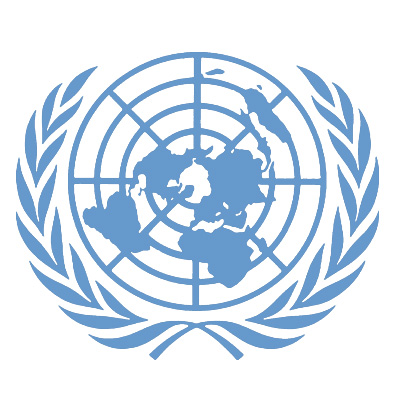
Monday 20 September 2010
Hazard Hotspots

You need to know about both the Philippines and California as examples of multiple hazard hotspots. Use the template provided to create case study sheets for these two areas.
Disaster information from the Philippines
An excellent PowerPoint on the Philippines
An excellent map of the Philippines
Specifics on the natural hazards faced by California
A good summary of the issues facing California
More from USGS on California
Search here for the region you have chosen and you will get a list of hazards
Go here for excellent maps for ALL countries and the hazards which affect them
That should be plenty to start with!
Saturday 18 September 2010
China in Africa

Wikipedia entries
Monday 6 September 2010
Bam earthquake 2003
Tuesday 25 May 2010
Threats and pressures on biodiversity in the South Pacific

The pre-release material for the A2 Unit 3 needs an understanding of the reasons why this area has important species biodiversity, worthy of conservation, and an appreciation of the physical threats and human pressures such biodiversity faces.
In order to help your research, look at these video clips, in the following order...
Clip 1
Clip 2
Clip 3
Pleasant viewing! As is always recommended, make notes from the commentary as you watch each clip, paying particular attention to include memorable facts and figures.
Friday 23 April 2010
Eyjafjallajokull

Wikipedia - background
Wikipedia - impacts
Tuesday 23 March 2010
Unit 4 holiday work - case study research
Thursday 18 March 2010
Caving in limestone caves

Monday 8 March 2010
Africa to Europe migration

Sunday 21 February 2010
Thursday 4 February 2010
Intergovernmental Organisations

Wednesday 3 February 2010
Falling birth rates
Tuesday 2 February 2010
China in Africa

Wikipedia entries
Monday 18 January 2010
IV Form renewable energy task
 Use the following to help you with your research task
Use the following to help you with your research taskData on amounts of renewable sources used to generate electricity.
Good section of BP website on alternative energy
Transport, trade and education questions
Friday 15 January 2010
Social and environmental issues in the small Gulf States

MENA report - Unit 3 pre-release
The World Bank produces an annual development report for the Middle East and North Africa (2008 MENA Economic Developments and Prospects : Regional Integration for Global Competitiveness).
Below are some of the key points from the overview:
During 2007 MENA experienced average growth of 5.7%
Fifth year in a row the growth has been above 5%
An achievement against the backdrop of turbulence in the financial markets and arise in the costs of food stuffs
Oil prices rose by 78% in 2007
UAE, Qatar, Kuwait, Oman and Bahrain are categorized as ‘resource-rich, labour importing’ countries
Region has done well when compared to it’s past, but not when compared to other regions
Global financial turbulence seems to have had little impact
All countries remain high importers of food
FDI reached $45 billion in the region
UAE one of the three largest FDI recipients in the region
16% of all migrant earnings are in the Middle East
Oil boom has led to increased migration to the oil-exporting countries
Despite the positives, much still needs to be done if this region is to keep up in an increasingly competitive global market
Thursday 7 January 2010
Unit 3 pre-release materials

